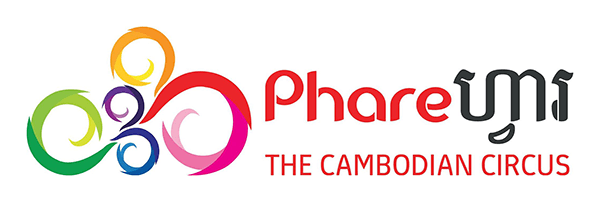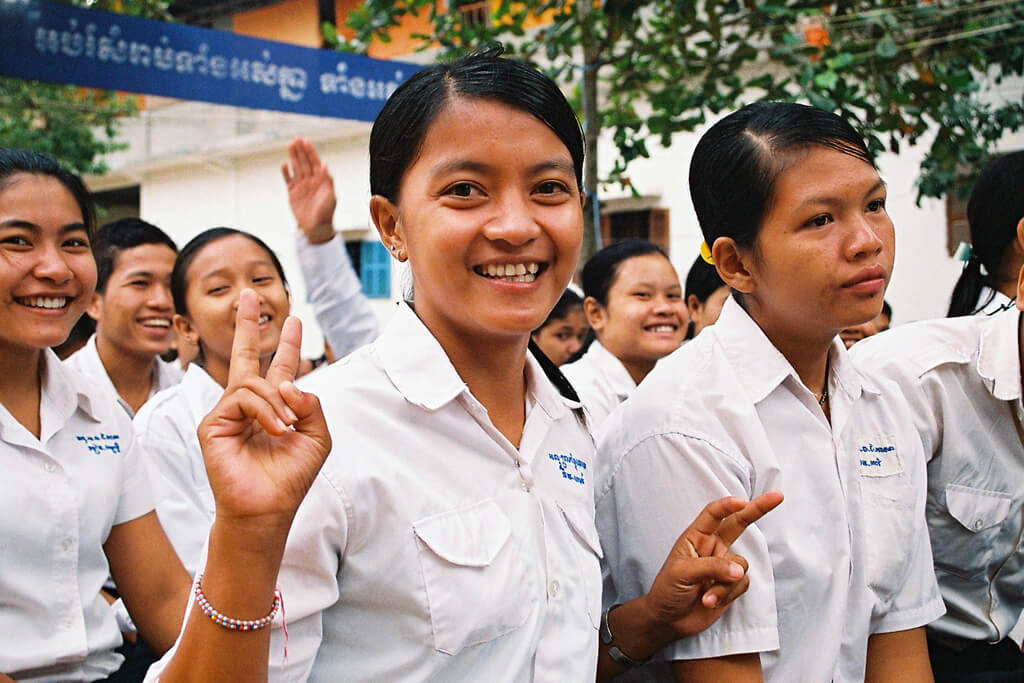Only a few years ago it was still customary to hear the expression in Cambodia that “women belong near the kitchen stove”. Nowadays, through intercultural dialogue and globalization, especially among the younger generation, things have changed.
“Women belong near the kitchen stove” is an old Cambodian proverb. Nevertheless, over time, this mode of thinking has changed in modern Cambodian society. For centuries, the role of women was singularly defined. Only in the past 10 years has there been a careful and slow change. Tradition says that women are responsible for looking after the house, for cooking and for bringing up the children. Apart from these, no other task was permitted. Sounds like a typical male chauvinistic society, right? However, it is interesting to note that for centuries that was the way that society operated. For instance, in the beginning schools were available only for boys, not girls.
A couple of years ago, it was usual in Cambodia to say:
“All what women do is moving around the stoves.”
Today, things are changing.
In the past, schools were not available for girls in Cambodia.
The reason? Only men had a say and thought that schooling was not important for girls who would anyhow get married and then become housewife. To learn something else would be just a waste of time, they thought. No girl could therefore study something, and even if she did occasionally, she was not able to apply her knowledge because her job after marriage was confined to the kitchen stove. Others thought that, if both boys and girls were to go to school together, the boys would be distracted from learning by the beauty of the girls and would then think about love and marriage rather than knowledge and this would not be good for society.
Luckily, this time is now behind us. In modern, technological society and its new thinking, both boys and girls go to school. Men and women have nowadays the same rights and freedoms, and also their labour has the same value. Unfortunately, this modern concept is not yet accepted in all parts of the country, particularly in rural areas where old traditions still prevail. Here you find that “women still belong near the kitchen stove”.
Old traditions still play an important role in Cambodia, especially in the realm of religion.
For instance, women are not allowed to touch many sacred items. They believe that if a woman touches certain items, something bad or unusual will happen.
It’s one reason why girls are often compared to a ball of wool, while boys are compared to a diamond. The background to this comparison points to the fact that a diamond is much easier to clean than a ball of wool when they both fall into the dirt. It means that, if a woman does not live up to expectations it is normal, just like the dirt on a ball of wool, whereas a man, like a diamond, can be cleaned and will look like new again, in other words, everything is forgotten.
A few other Interesting Observations:
- 60% of all people over the age of 25 are women
- 30% of all women look after a household without a man (it happens often that a man will simply leave his wife and children behind and not return)
- 60% of all workers in agriculture are women
- 67% of all factory workers are women (often also girls from orphanages to earn money in government factories)
- On average, a woman has 3 children during her lifetime and works more than 12 hours a day
- 19% of all students are women (the role of the housewife is still prevalent in the culture).
Sources: Gender equality (United Nations Development programme Cambodia), Women in Cambodia (Wikipedia), Demographics of Cambodia (Wikipedia)

Affiliate*

Phare, the Cambodian Circus
A highlight in Siem Reap! Buy tickets online directly on the Circus Phare website*.
Links and references with a * are an affiliate link (advertising link). If you like Visit Angkor and buy, book or subscribe to something via an affiliate link, the provider will make a small commission for Visit Angkor. Of course, there are no additional costs for you.
Join our Facebook group
International travel group with friendly people who love Cambodia. We speak English, German and a little Khmer.
By the way: We write here at Visit Angkor with a lot of passion and love. Nevertheless, it can happen that information is no longer up to date or perhaps even incorrect. We would be happy to hear from you so that we can update the information accordingly. Thank you very much!




I am also a girl. If someone have read this please don’t believe for the old idea. It wasn’t true. Everyone all have the rights and we can decide to do something by our own self. Thanks